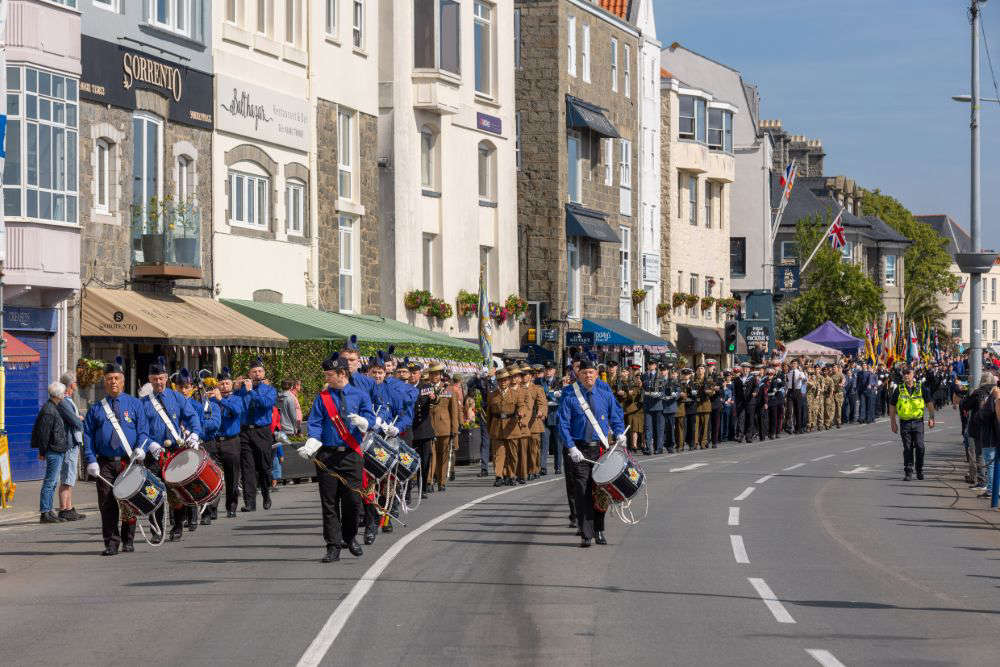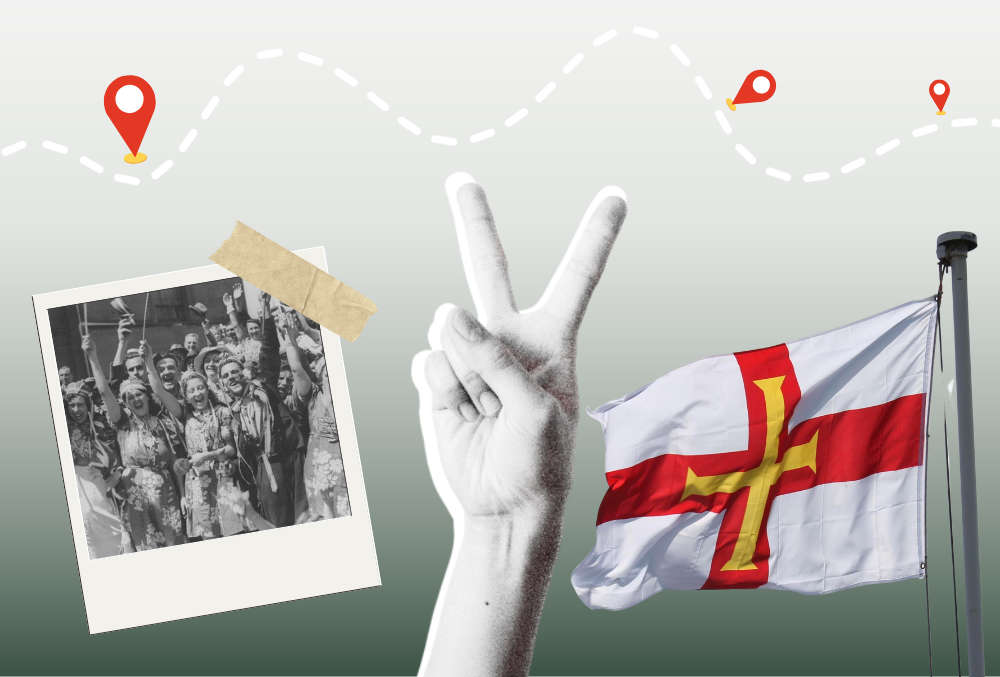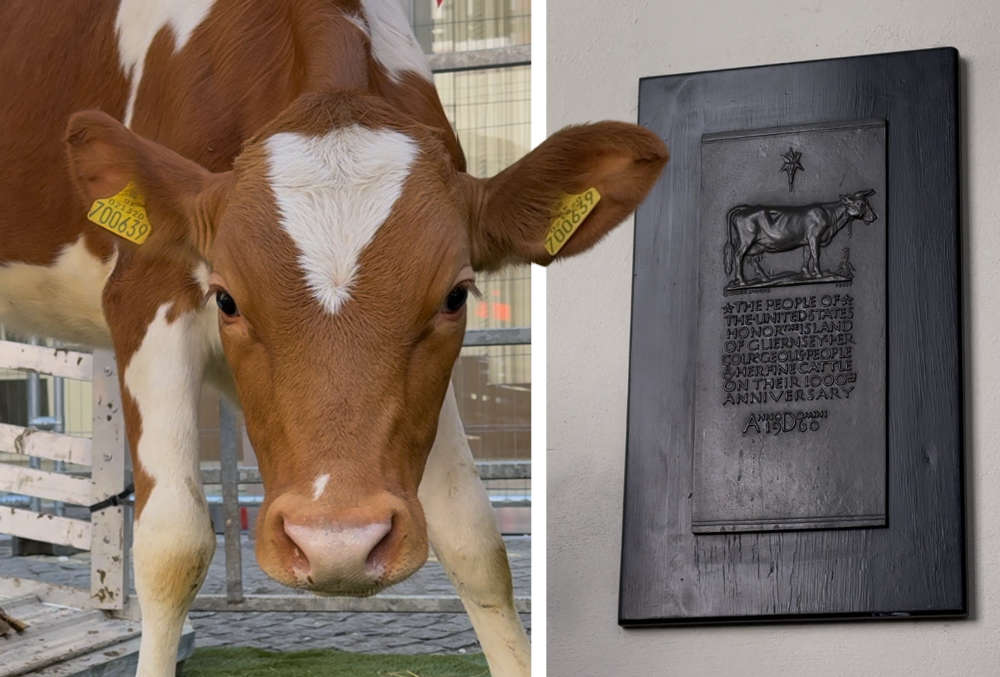
Face coverings will be mandatory on public transport and in shops from Wednesday 1 December, because of uncertainty around the new variant of coronavirus.
All fully vaccinated arrivals from outside the Common Travel Area in the last 10 days will have to take a PCR test and isolate until getting a negative result.
Reintroducing mandatory face coverings is described as an additional measure to prevent transmission, because of the uncertainty of the Omicron variant.
The Civil Contingencies Authority says it's a precaution and will be reviewed regularly as more is learnt about Omicron.
The mandate is not being extended to businesses where it would effectively stop them from operating, as the CCA says the idea is to reduce transmission wherever possible without impacting on lives and livelihoods.
"The strong recommendation to wear a face covering in any setting where there are crowds, it is hard to physically distance or there is poor ventilation remains in place and should be adopted by all business sectors and individuals wherever possible, even if the mandatory requirement does not extend to them."
Everyone coming into Guernsey from the Common Travel Area will have to pay £25 for a pack of lateral flow kits and take them over the following ten days.
The rules for people who are not fully vaccinated who travel into the island from outside the Common Travel Area is unchanged. They still need to complete a PCR test upon arrival and on day 8 and isolate until getting their day 8 negative result.
Arrivals from red list countries still have to test on arrival and on day 9 and isolate until getting their day 9 negative result.
Those who go to the UK first must quarantine there in a hotel for 10 days.
Any close contacts of a confirmed or suspected case of the new variant will have to self-isolate for ten days, regardless of age or vaccine status.
If it turns out not to be Omicron, the contact can exit isolation and follow the existing contact rules, which are to complete 10 days of lateral flow tests.
"We need to recognise the uncertainty that the Omicron variant brings and the measures that we are introducing are precautionary and reflect the uncertainty of the current situation. It may be a greater risk than the Delta or other variants, and it may not, and so we are quickly stepping both our border and local rules as aprecaution.
"But we’re not seeking to overreact, either and we want people to continue to be able to live, work, attend school and enjoy the festive period with as little unnecessary disruption as possible, mindful that we do have a highly-vaccinated community and this is not a repeat of what we faced when the very first cases of COVID-19 were emerging around the world.

"We do need more information on the efficacy of vaccines against the new variant, but we’re also advised that the vaccines we have administered will offer some protection. That means we must work quickly to continue our booster programme and encouraging anyone who has not yet been vaccinated to do so.
"I hope the measures we’re announcing today are temporary measures that can soon be lifted again, but they may not be, we will need to see what new information emerges on the Omicron variant. We should also take note of how quickly things can still change because of this virus, particularly for those considering travel. The Omicron variant may not be the only or the last variant that prompts countries to react rapidly and reimpose strict travel requirements. Travel in general continues to carry a real element of risk." - Deputy Peter Ferbrache, Chair of the Civil Contingencies Authority.
More details will be unveiled in a media briefing starting at 6pm, which you can hear live on Island FM.


 Emergency sleeper pods to help homeless in Guernsey
Emergency sleeper pods to help homeless in Guernsey
 100 visiting military personnel will join Guernsey's 80th Liberation Day Parade
100 visiting military personnel will join Guernsey's 80th Liberation Day Parade
 New construction charity helps the Guernsey Counselling Service
New construction charity helps the Guernsey Counselling Service
 Guernsey Liberation Trail unveiled
Guernsey Liberation Trail unveiled
 Millions of Bailiwick of Guernsey historical records digitised
Millions of Bailiwick of Guernsey historical records digitised
 New Channel Islands catamaran tests well in choppy seas
New Channel Islands catamaran tests well in choppy seas
 Historical plaque celebrating Guernsey and American farmers friendship relocated
Historical plaque celebrating Guernsey and American farmers friendship relocated
 Alderney's Dorniers could go in a rethink of the air route
Alderney's Dorniers could go in a rethink of the air route

